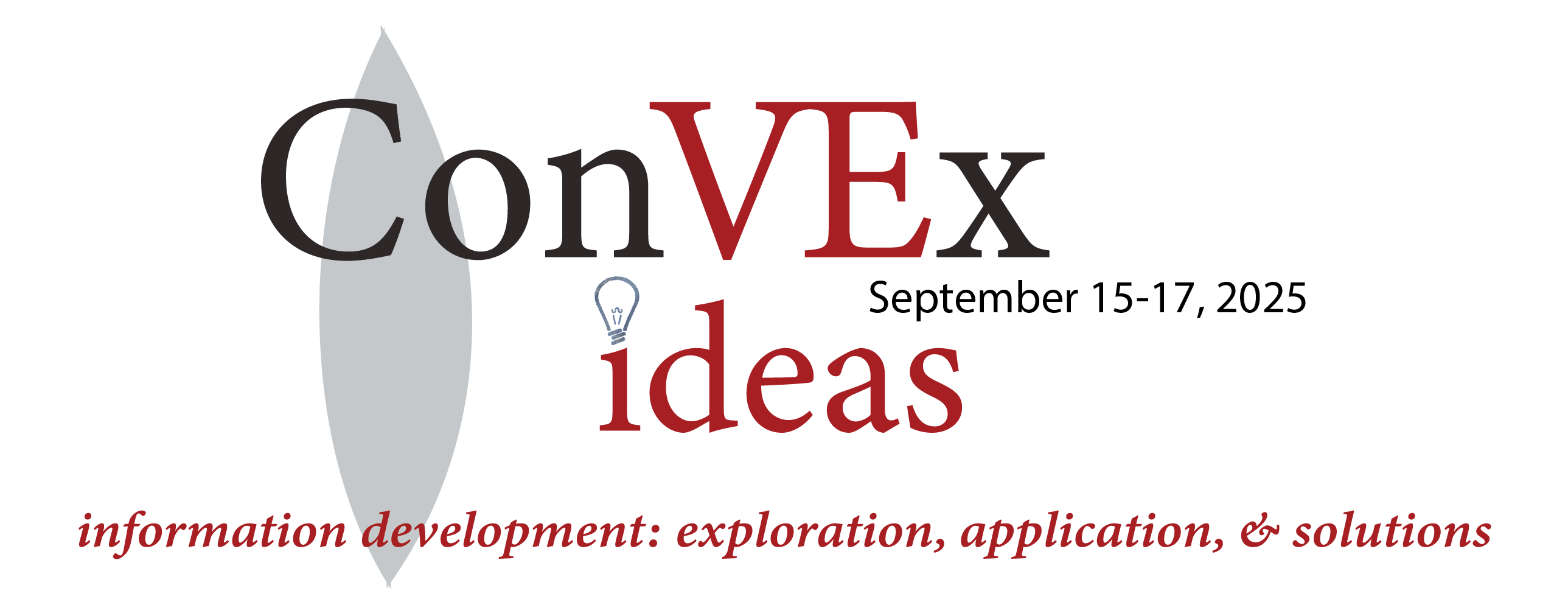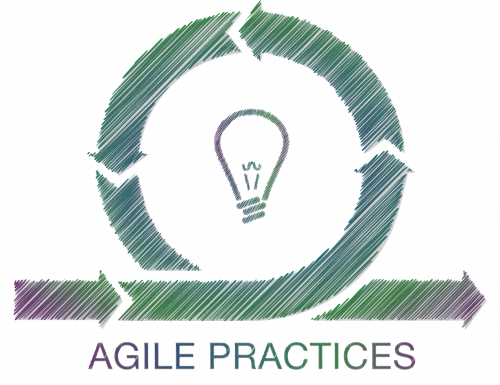-
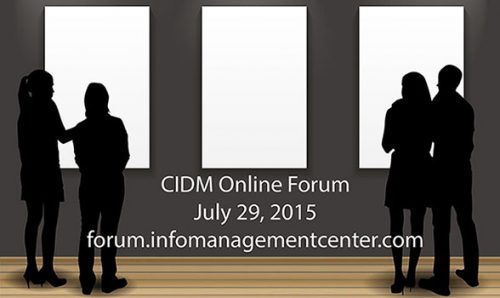
Content Curation — IDEAS Summer 2015
We are living in an era of content abundance. Today’s user is bombarded with information from all directions. Some is good – accurate, timely, usable – but some is not. How can our users distinguish the difference? We’d like to believe they always turn to the content we ourselves have created and approved, but often their choice is made by what they can find most easily. Rather than add to the ever-growing volume of information, perhaps the role of information-developer should morph into that of content curator. Much like a museum curator collects artifacts, organizes them into a meaningful display, and helps visitors navigate the entire exhibit, a content curator finds the best and most relevant content on the subject, organizes it into meaningful presentations, and helps users navigate to the information they want to see, regardless of who created it. Unfortunately, it’s not as easy as it sounds. How do we stay current on the information available? What about legal and copyright issues? How do we convince management of the value? In this conference, our speakers examine the common barriers to using content created elsewhere – technical limitations, legal implications, accuracy, and job preservation – and provide guidance for how to get started. Read the descriptions of the ten presentations. -
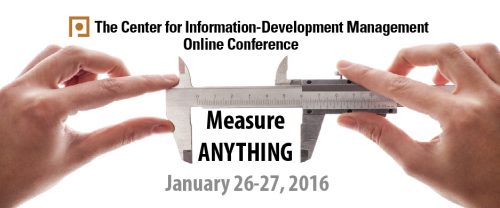
Measure Anything — IDEAS Winter 2016
Your team is missing deadlines. Customers are complaining about the content you produce. Costs of producing content seem to be escalating. Your writers are stressed out. You want to adopt new strategies and best practices, but you’re stuck in a rut and you can’t show the ROI. Clearly, it doesn’t take an organizational thermometer to see that all’s not as it should be—there’s something affecting the overall health of your organization. But what can you do to diagnose the issues and, more importantly, monitor them in the future so that you can take preventive actions before you face an epidemic? Managers seem to be ever on a quest for the right metrics to measure organizational well being and justify change. What are the key indicators of a healthy organization? What are the compelling statistics that grab management’s attention and inspire support? Just as importantly, how do we measure these things? Frequently, the things we know how to measure don’t tell us what we want to know, and the things we want to know, we can’t or don’t know how to measure. How do we gather the data we need without a lot of overhead? How do we address the fears of our team? CIDM invites you to our Winter 2016 Online Conference to tackle these questions. Learn from your colleagues in the industry about what metrics they find most meaningful and useful when managing their projects and their departments. Gather hints and tips for how to best gather and interpret these metrics. Read the descriptions of the eleven presentations. -
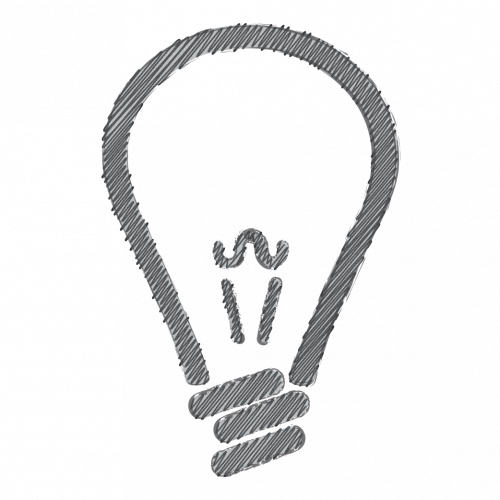
Seek and Find — IDEAS Summer 2017
According to WorldWideWebSize.com, the indexed web contains at least 47.3 billion web pages. Google Inside Search puts this number significantly higher at 130 trillion pages. Regardless of who is closer, that’s a lot of information at the fingertips of your users. What are you doing to help them find the information they need to be successful with your product or service? CIDM’s Summer IDEAS conference includes eleven hour-long presentations that address the issues of searchability and findability:- Writing for SEO
- Developing a corporate taxonomy
- Selecting keywords
- Implementing a site search
- Managing your taxonomy
- Using DITA metadata and subject scheme
- The impact of cognitive computing on the future of search strategies
-
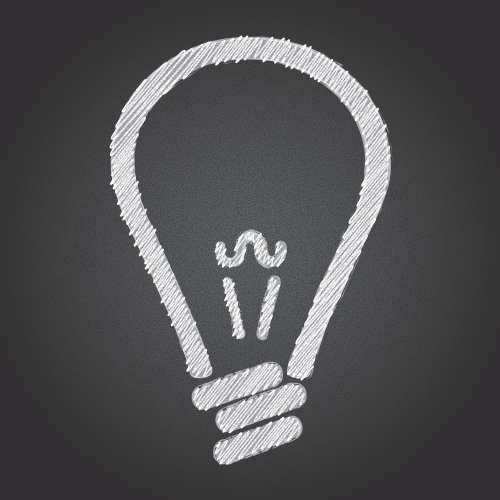
Understanding User Needs — IDEAS Winter 2017
Designing and writing effective technical content requires an excellent understanding of the needs and capabilities of the people who will be reading and using it. Without such information, information developers tend to adopt a “be everything to everyone” approach, an approach that ultimately meets the needs of no one. But with limited access to users and little time or budget for thorough user analysis, how can we collect the user information we need? Presenters at the Winter 2017 IDEAS conference share best practices and techniques for learning about your users. The conference offers 11 hour-long presentations that provide proven and practical methods for conducting user research, as well as strategies for applying the data you gather to your future information design. Read the descriptions of the eleven presentations. -
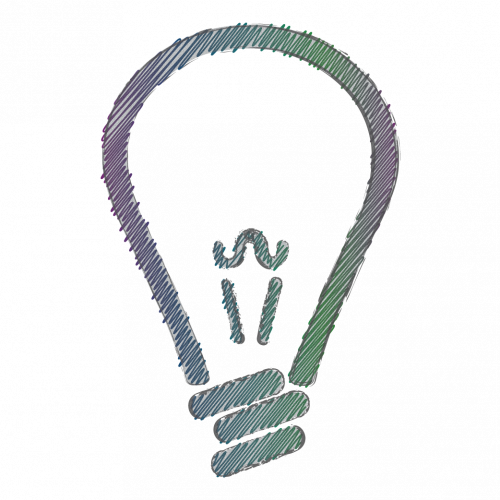
Judicious Editing— July 24-25, 2018
On the heels of the IDEAS Winter 2018 conference, Writing Well, comes Judicious Editing, the IDEAS Summer 2018 conference. It doesn’t matter how good your writing skills are, you can always benefit from another set of eyes. Whether performed by a peer, a professional, or you yourself, editing is a critical phase of the publication process. It helps to validate accuracy, confirm readability, improve usability, and enforce conformance to corporate standards. Nevertheless, the review and approval phases of a project are often compromised as we struggle with differing opinions, changing feedback, and condensed timelines. What can you do to make the editing and review process as painless as possible? What should editors be looking for and what can writers do to better prepare their content for editing in the first place? What role do automated quality checkers serve in the process? What do you do when reviewers disagree? Join us for the answers to these questions and more! -

Writing Well — January 23-24, 2018
Regardless of who creates technical content, the tools they use to create it, and the methods they use to deliver it, information products must continue to meet a certain fundamental standard of “good writing.” But what defines good writing? Is it something that we simply know when we see it or can we put an accurate, all-encompassing definition around it? CIDM invites you back to basics as we explore what defines good documentation in today’s structured, topic-based environment. What does it mean to write well? With a steady intake of chat acronyms and emojis, does anyone care whether their technical documentation is consistent or punctuated correctly? What characteristics predict whether or not content will be usable and understandable? Where should we be spending our time? What strategies help authors produce content that users willingly turn to first, confident that they can find an answer and return to work quickly? Read the descriptions of the eleven presentations.
